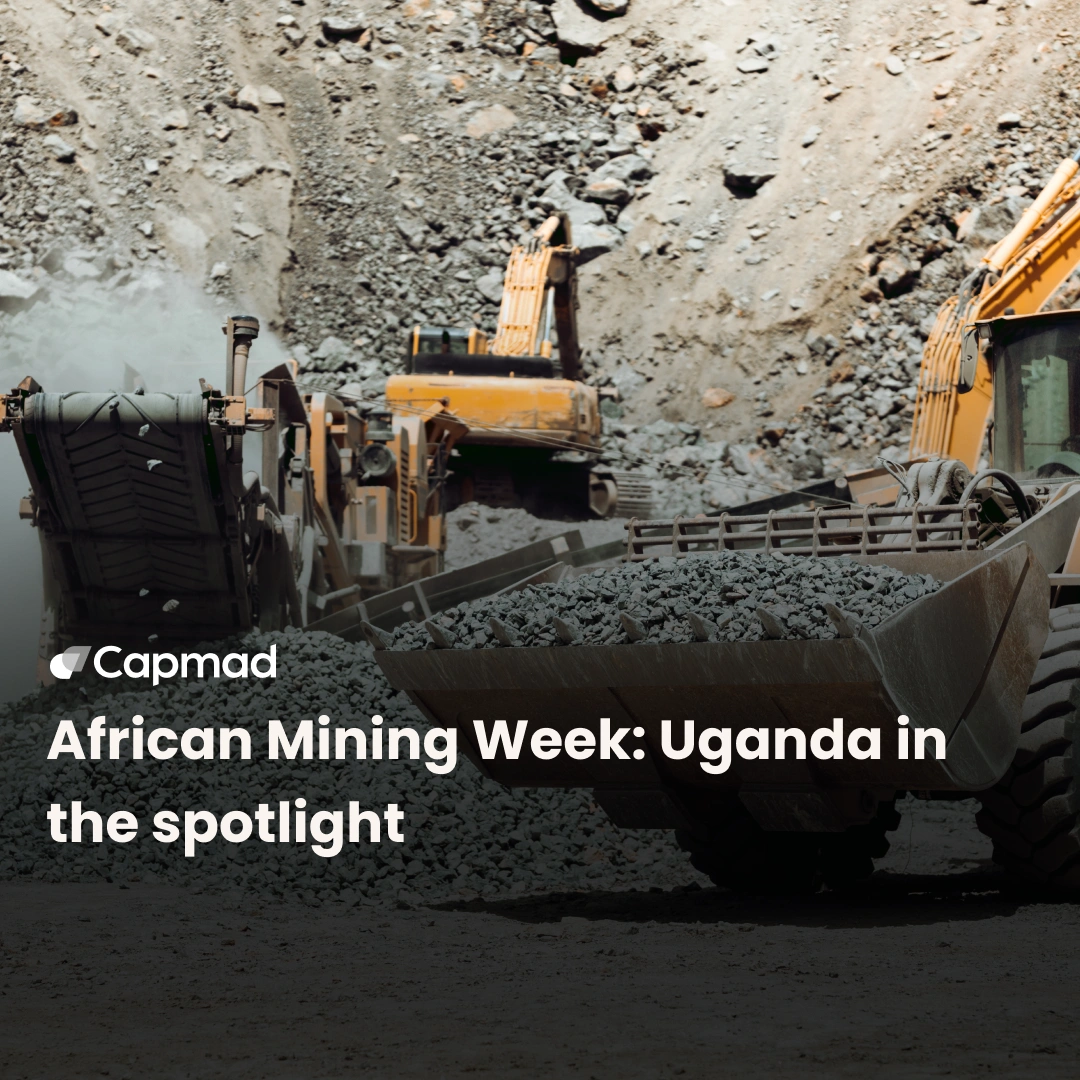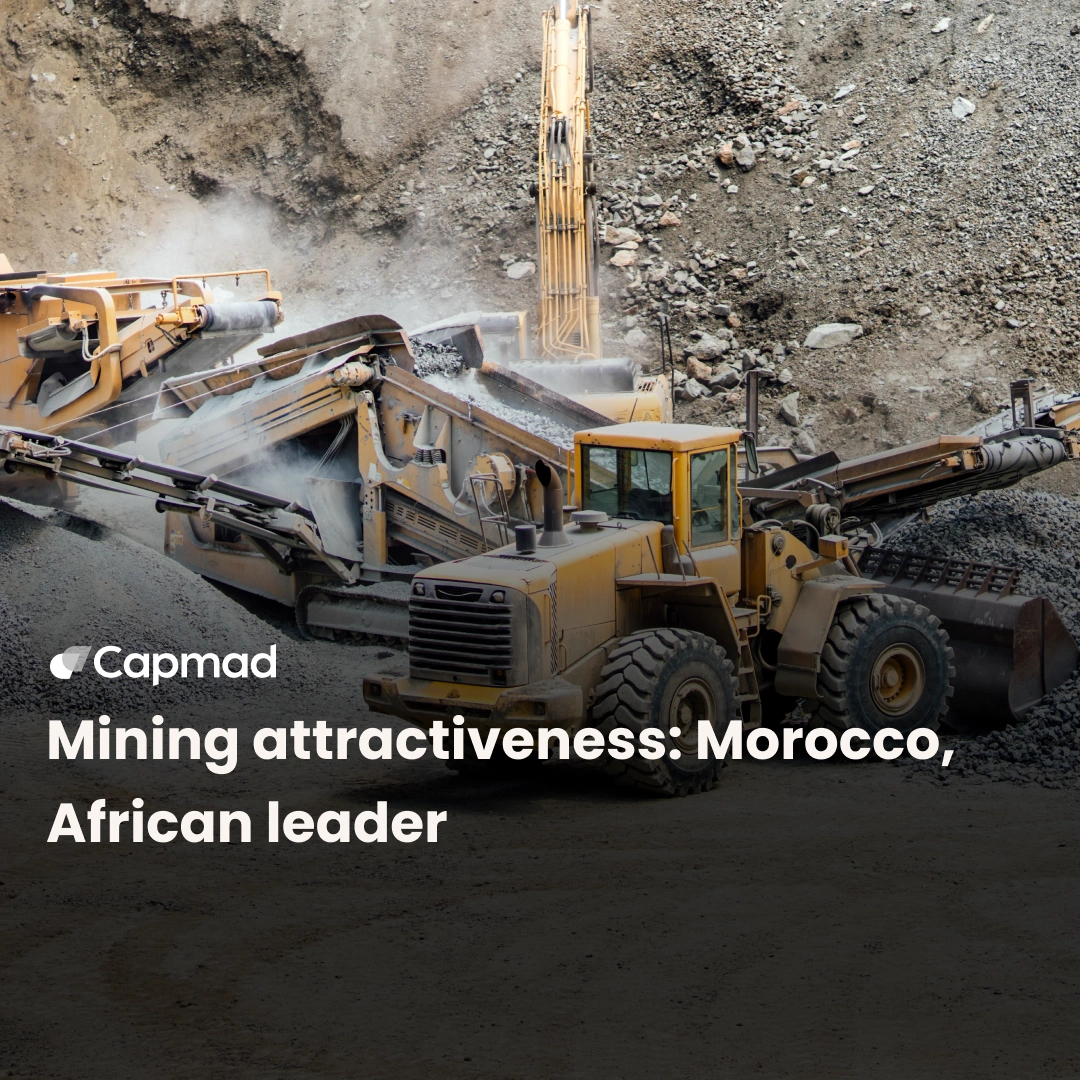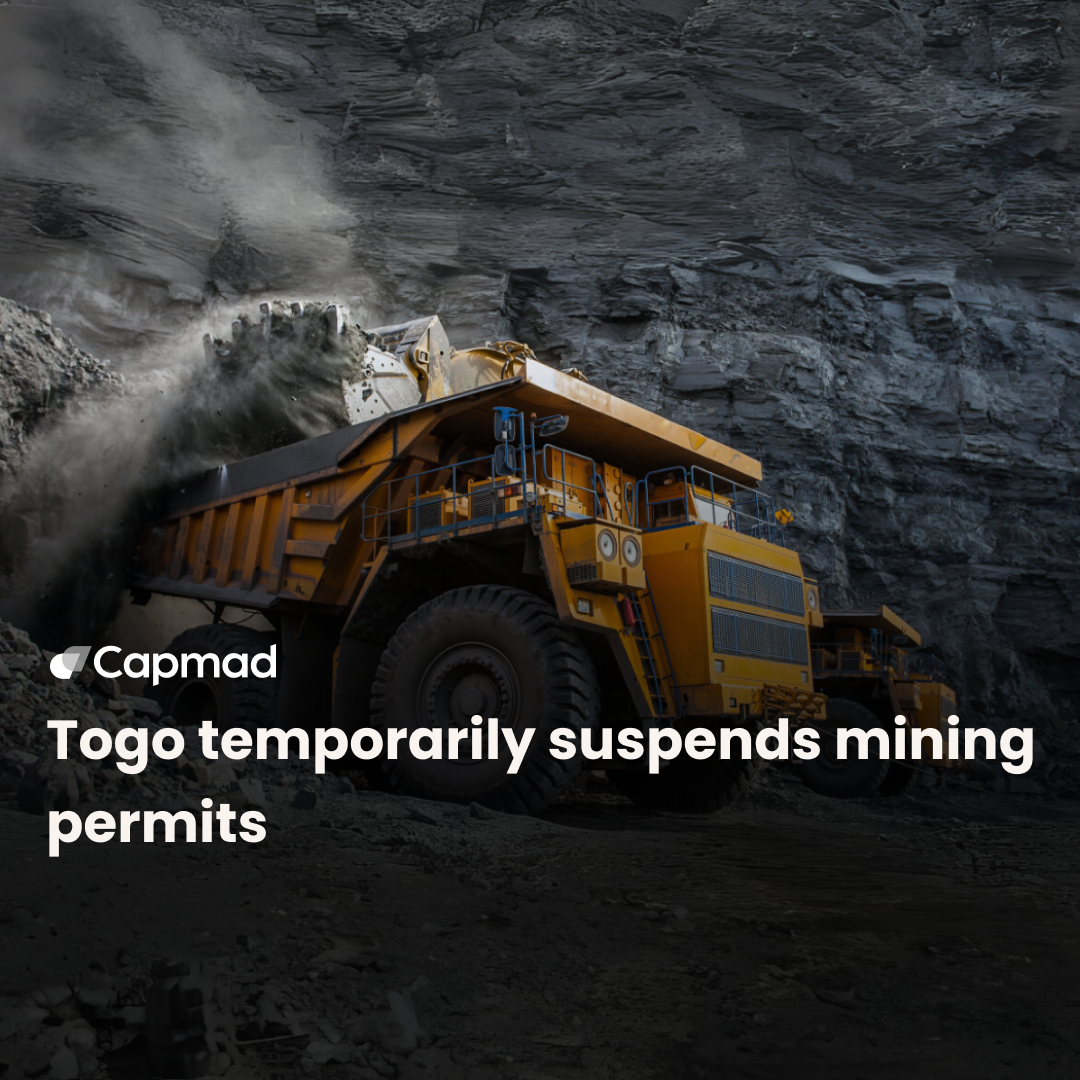Rwanda is seeking to attract mining investors by publishing an investment proposal on May 1, 2025. This project targets ten blocks rich in cassiterite and coltan, with requirements for local processing, community development, and environmental management.
The mining sector is crucial to the Rwandan economy
This initiative aims to increase transparency and improve the country’s image, despite persistent accusations of resource plundering in neighboring DRC. This situation has led to international sanctions against key players in the Rwandan mining sector.
The mining sector is crucial to the Rwandan economy, generating 1.7 billion USD in 2024 and representing nearly 70% of national exports. Kigali is pursuing a strategy of positioning itself as a regional mining hub, supported by reforms to:
- Formalize mining
- Encourage local processing
- Guarantee the ethical origin of minerals
Furthermore, a recent joint declaration between the DRC, Rwanda, and the United States aims to promote a legal and transparent mining value chain; this could improve regional cooperation and Rwanda’s legitimacy on the international mining scene.
Main critical metals mined in Rwanda
The main critical metals mined in Rwanda are tin (cassiterite), tantalum (coltan), and tungsten, collectively known as the “3T” metals. These metals are essential for the electronics industry, particularly for capacitors, cutting tools, and medical implants.
Rwanda also has lithium and rare earth potential, which remains underexploited, with exploration projects underway.
The main challenges for mineral traceability in Rwanda
The significant smuggling of minerals, particularly “3Ts” (cassiterite, coltan, tungsten) illegally imported from the DRC, estimated at 90% of the minerals exported by Rwanda, complicates the verification of their legal origin.
The limitations of the ITSCI mechanism, which is supposed to guarantee a reliable chain of custody, but which, according to the NGO Global Witness, sometimes facilitates the laundering of minerals from mines controlled by armed groups or exploited by child labor, due to limited staffing and insufficient controls.
Possible corruption and collusion between certain field agents and operators, which compromise the integrity of controls and mineral labeling. The difficulty of preventing the mixing of legitimate and contraband minerals in the supply chain remains, despite efforts to formalize and certify mines.
To address this, Rwanda is experimenting with technologies such as blockchain to improve tantalum traceability, ensuring a more transparent and ethical supply chain, although the effectiveness of this solution remains to be seen in the face of complex regional challenges.






